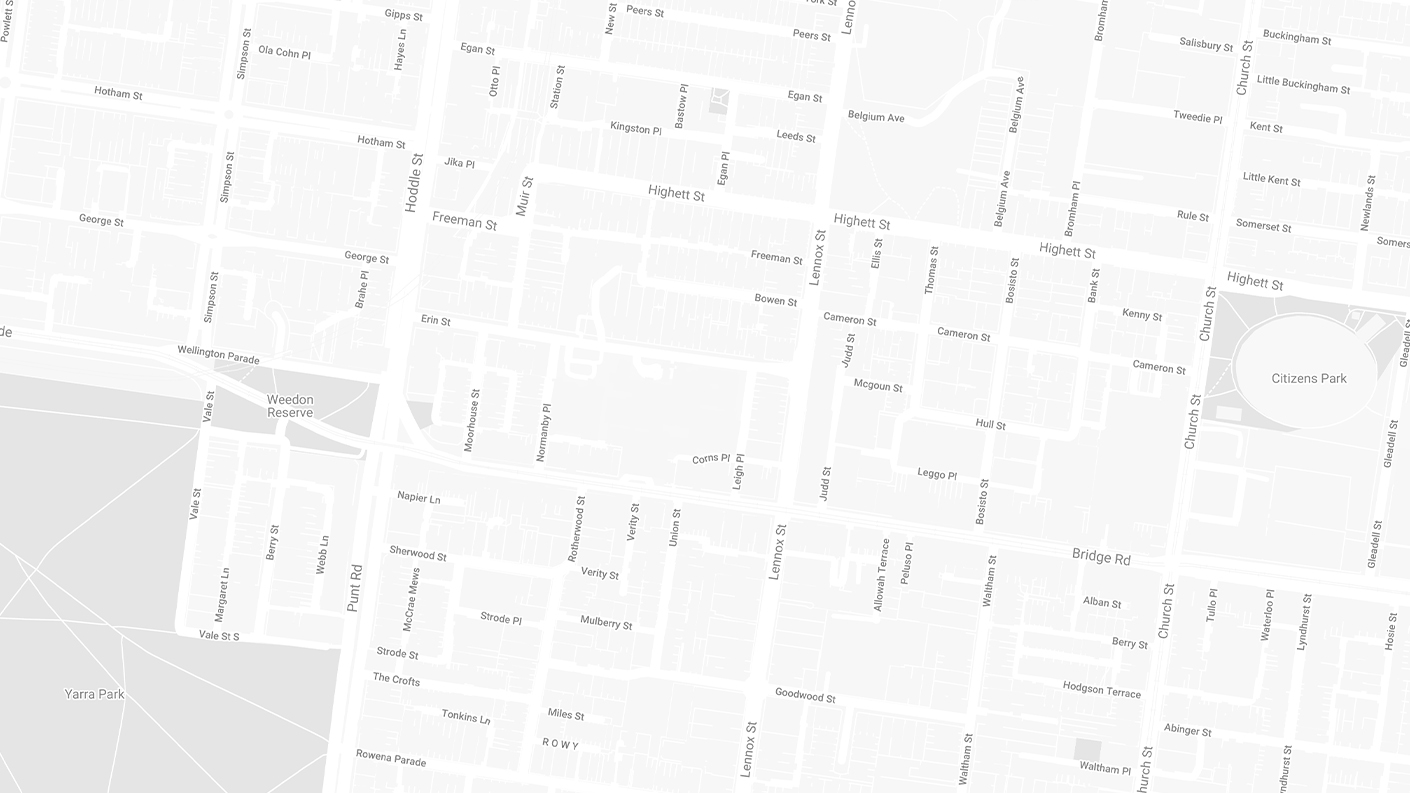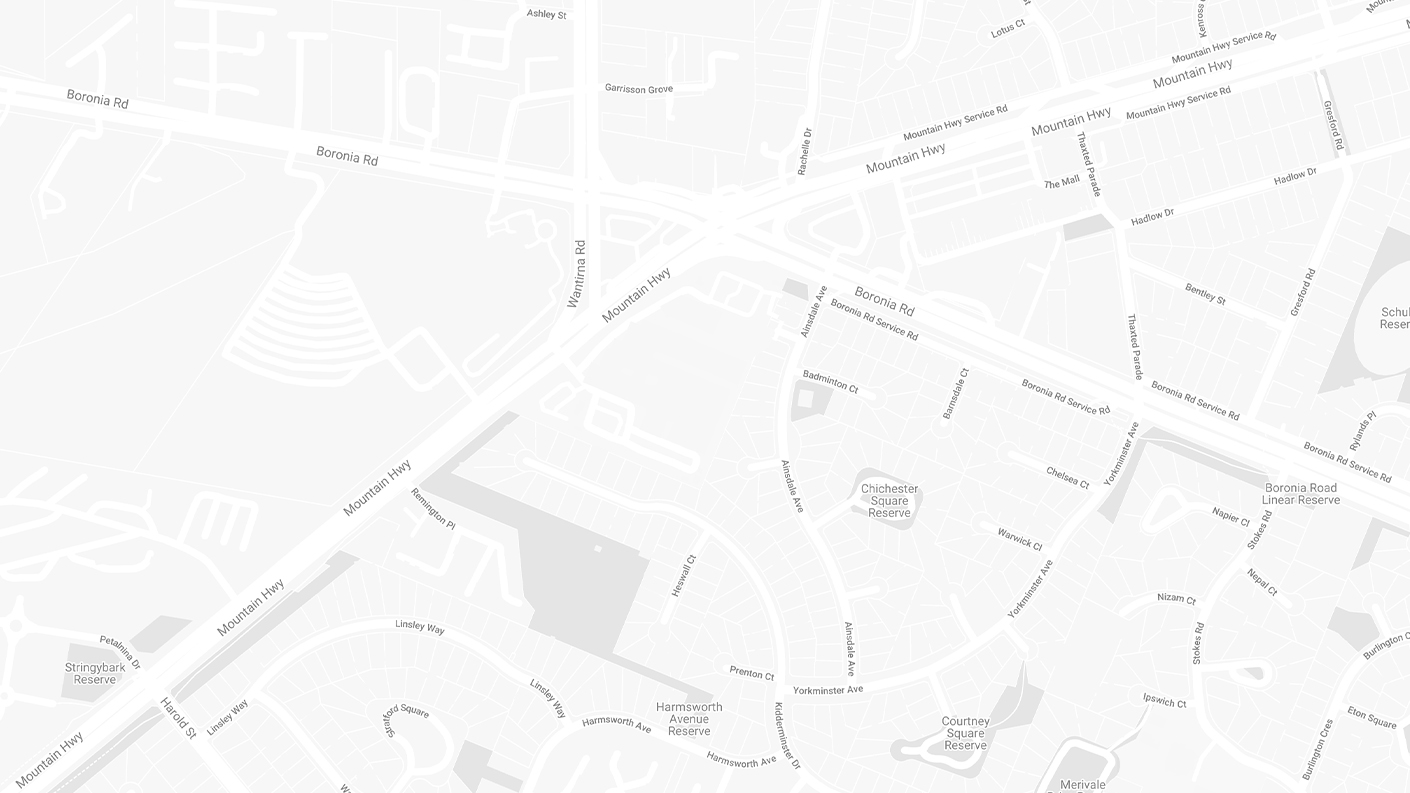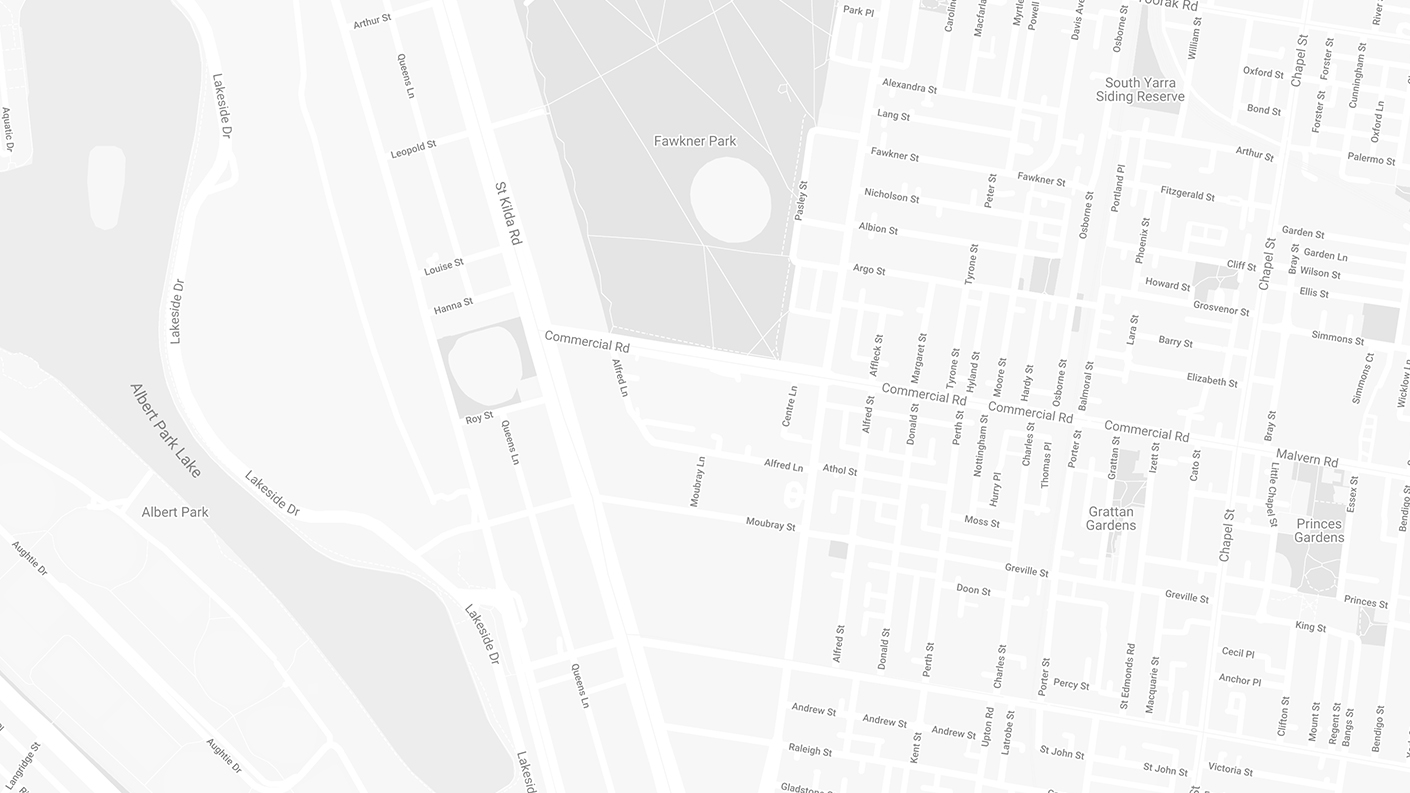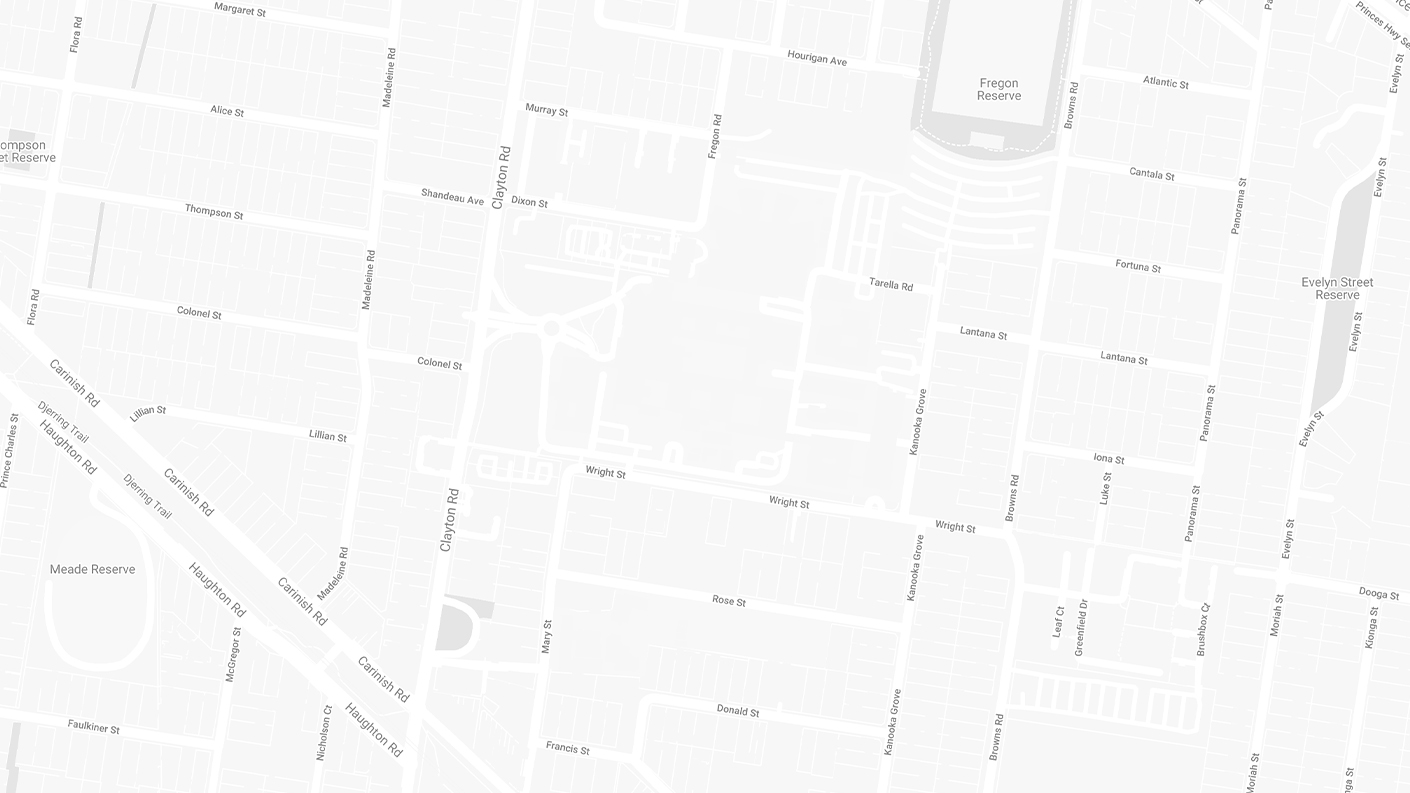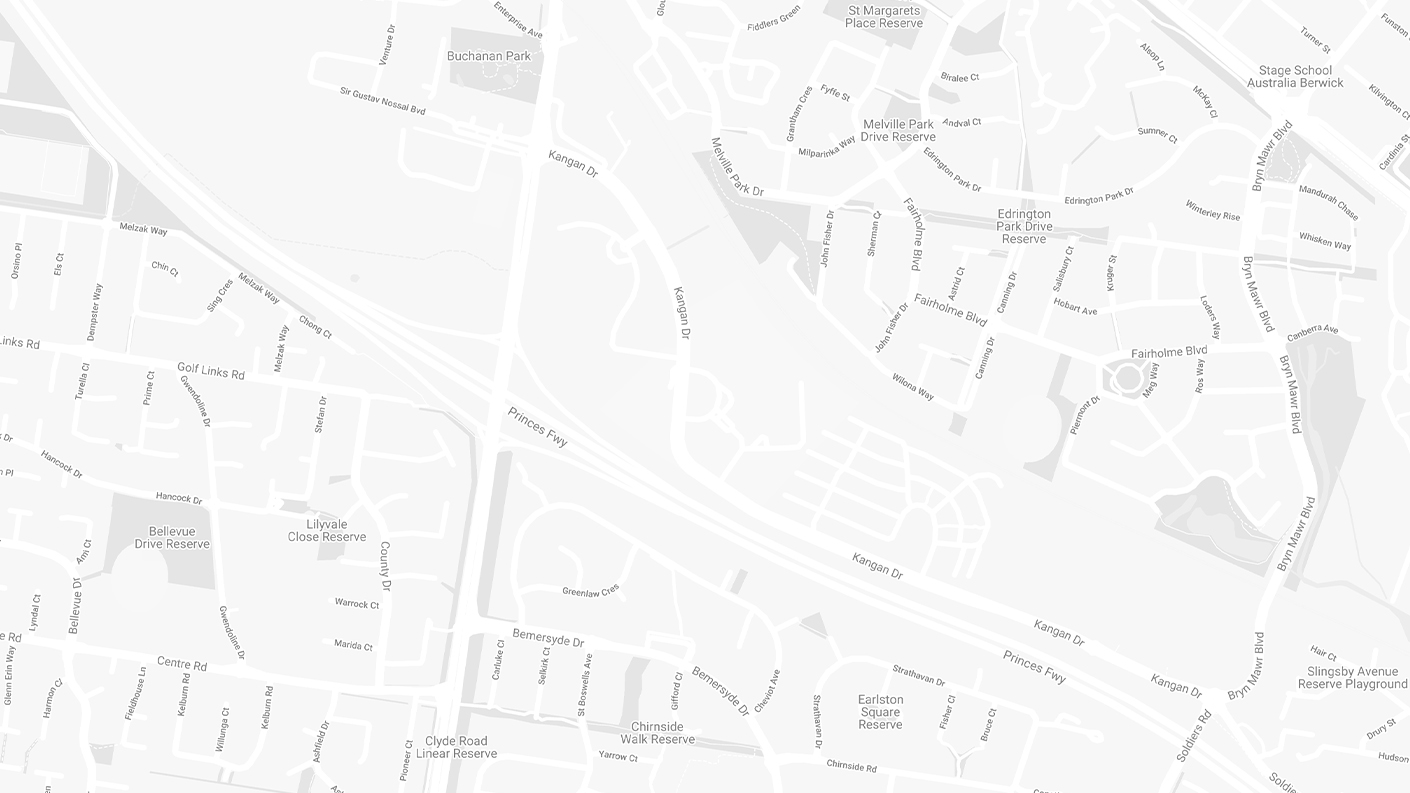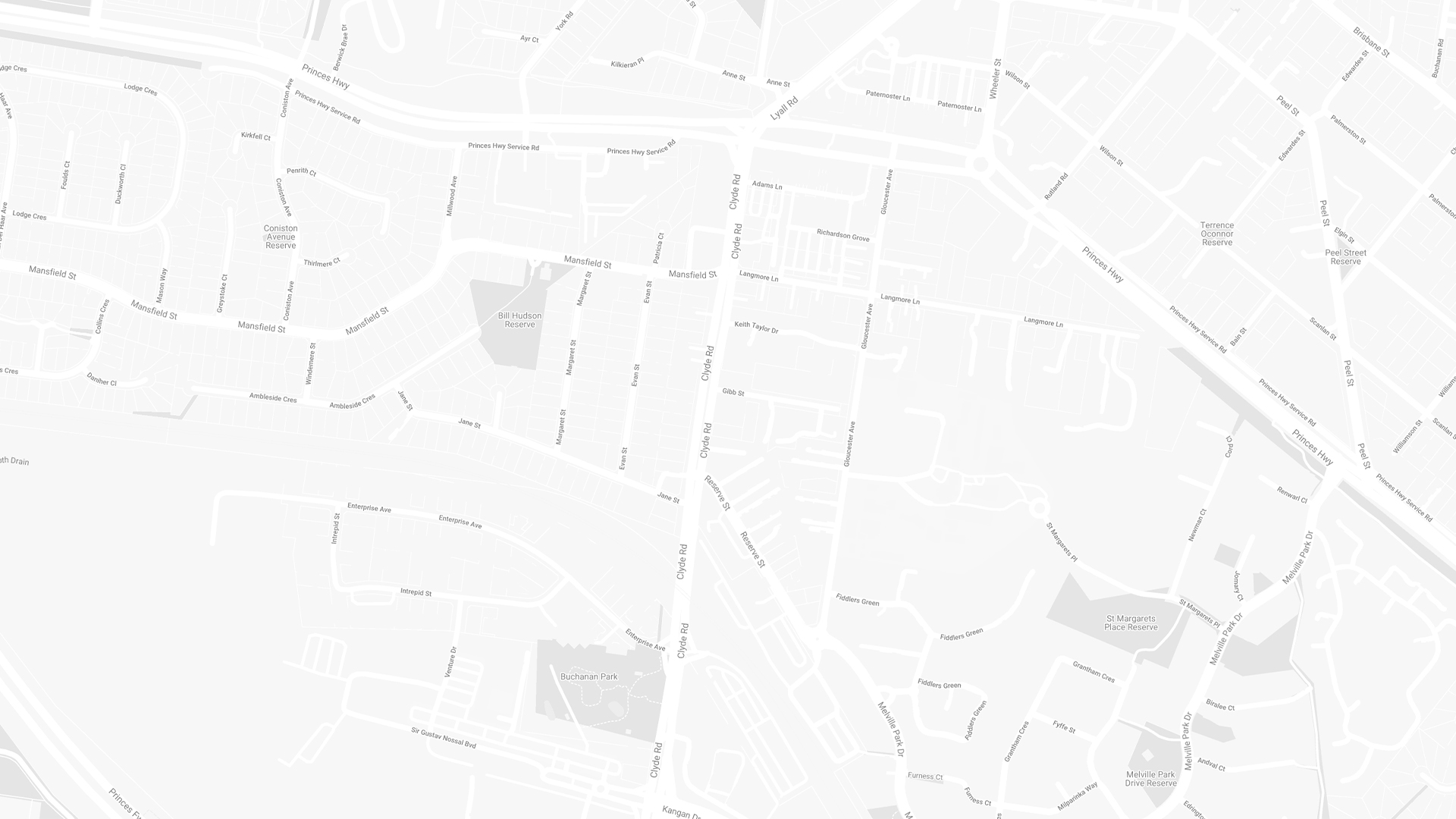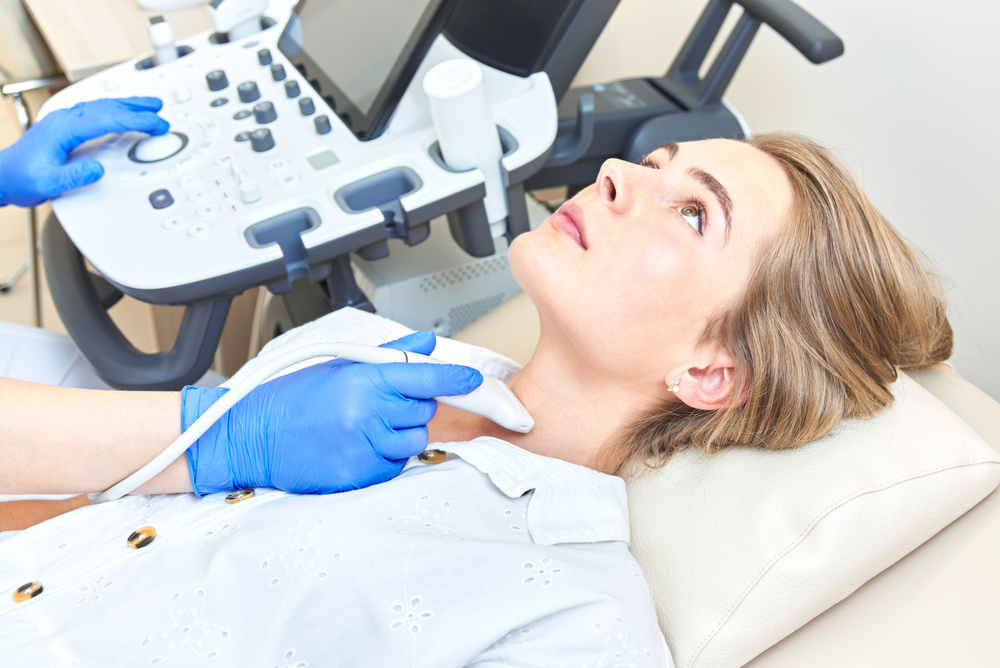
Thyroid scans are performed to examine the thyroid and evaluate its function.
If you have experienced symptoms that your doctor suspects may be related to the function of your thyroid, you may be referred for a thyroid scan. A thyroid scan involves the use of highly specialised imaging technology, which is designed to examine your thyroid in detail. A thyroid scan is performed by using a very small amount of radioactive material together with the scanner, to diagnose underlying diseases causing the abnormal thyroid function.
What is a thyroid scan used for?
Thyroid scans are very effective and useful imaging procedures that allow your doctor to examine and evaluate the thyroid. With the help of a thyroid scan, your doctor will be able to check whether or not your thyroid gland is functioning as it should. This scan involves the administration of radioactive material by means of an injection. A camera is used to track the radioactive material as it moves through your body and can measure exactly how your thyroid processes it. Images are then created to determine the pattern of function in the thyroid.
The thyroid scan is usually used to in the setting of an overactive thyroid. The scan is able to further classify the pattern of overactivity in the thyroid and the likely cause.
What do the results mean?
Once your thyroid scan is complete, the images will be thoroughly evaluated and the results will be sent to your doctor. If any abnormalities are identified, these will be explained to you. You may be referred to a specialist for further tests and/or treatment.
If your doctor is concerned that your thyroid is not functioning as it should, they may recommend that you see a surgeon who specialises in endocrine procedures. You are likely to be referred to an endocrine specialist if you have been diagnosed with one of the following:
- Thyroid nodules
- Toxic nodule
- Multinodular goitre
- Toxic multinodular goitre
- Graves’ disease
- Retrosternal goitre
- Thyroid cancer or suspected cancer
- Thyroglossal duct cyst
- Genetic conditions related to the thyroid
What treatments are available?
If you have been diagnosed with a thyroid-related problem, there are a range of treatments available. If your surgeon believes it is necessary to remove the whole thyroid gland, they will recommend that you undergo a procedure known as total thyroidectomy. If, however, it is necessary to remove only half of the thyroid, they will recommend that you have hemithyroidectomy surgery.
Other possible treatments include isthmectomy, in which the middle portion of the thyroid is removed; and lymph node dissection, which may be required for the treatment of thyroid cancer.
How can we help?
Associate Professor James Lee is a specialist general and endocrine surgeon. He performs a range of endocrine procedures, including thyroid surgery. If you have been referred for specialist treatment for a thyroid-related problem, we encourage you to get in touch.
Associate Professor James Lee is one of Australia’s leading endocrine surgeons. We understand that the prospect of undergoing surgery can be daunting, but you can rest assured that you are in highly experienced and fully trained hands under the care of Associate Professor James Lee. He is a strong advocate of patient-centred care and always provides a personalised treatment plan for each individual patient.
When you come in for your initial consultation, please remember to bring along any relevant results that you might have — this includes blood tests, x-rays, ultrasound and nuclear medicine scans. Associate Professor James Lee will discuss your medical history in detail with you and is happy to answer any questions that you might have regarding your condition, symptoms, and/or procedure.
If you would like to arrange a consultation with Associate Professor James Lee, please get in touch here or give us a call on (03) 9246 6466.
CONTACT US
Get in touch

Ask a question or Book an appointment.
Please fill in the online enquiry form to ask a question or book an appointment.
Or call today on (03) 9246 6466
Get in touch
For any enquiries, concerns, or to book a consultation, get in touch with our friendly team. We look forward to hearing from you.
